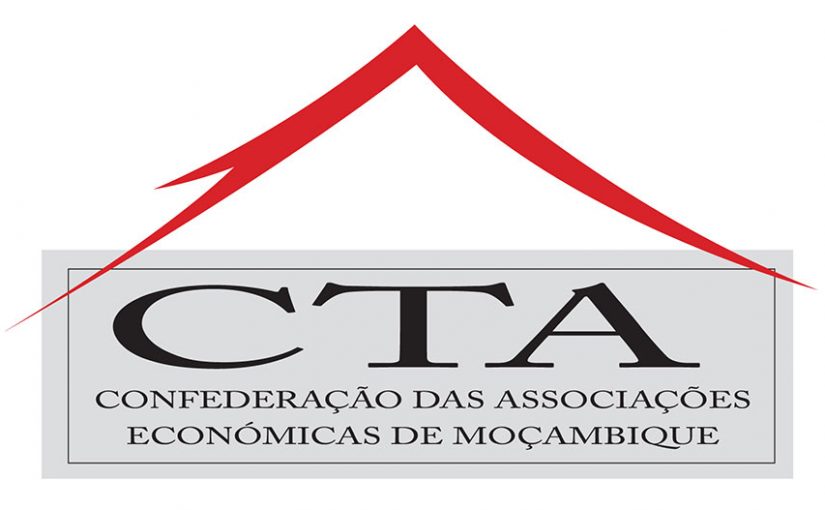Behind the partnership: How co-financing is driving a resilient recovery in Mozambique
Vuma advocates restructuring of internal debt

In file CoM
The Confederation of Economic Associations (CTA) considers it important that the government continues to “seek fiscal space” on its expenditure and, in addition to “cutting the fat”, move forward on restructuring its domestic debt.
Talking to Diário de Moçambique and published in this Tuesday’s edition, CTA President Agostinho Vuma points out that the renegotiation of current state debts, extending the amortization periods, is an alternative to consider.
Taking into account the state budget, estimated at 302,928.1 million meticais, and representing a nominal growth of 11.3 per cent with an estimated deficit of 80,068.5 million meticais, the CTA recommends prudence.
“One can expect the government to resort to internal indebtedness as a means of covering a deficit like this. And the rigidity of public spending will be still greater in 2018 due to electoral issues,” he warned.
Vuma warned that any possible internal debt restructuring would require a solid plan for fiscal consolidation in the medium term.
Still in relation to 2018, Vuma said that although the conditions for responding to the crisis were better, little was said in the 2018 budget proposal about reforms in the taxation regime for extractive industry companies.
Faced with all its challenges, the state continues to advocate solutions based on the new dynamics of domestic and international markets, Vuma said, promoting a permanent exchange of information regarding the shocks and the risks it faces.
“We will continue to encourage the private sector to take advantage of the rich agricultural, energy, tourism and service potential to make the necessary changes,” he said.
The CTA regrets that at a time when the country faces unprecedented financial difficulties, the national business community is called upon to contribute beyond its productive and revenue capacities, with the government is submitting to parliament a proposal for a revision of the Law on the Specific Taxation and Fiscal Benefits Regime of Petroleum Operations.
He argued that these measures could see operators in the Rovuma Basin obtain approximately 30 years of tax exemption for natural gas operation
“It is worrying that this concession from the Government does not require operators to provide domestic gas at preferential prices, to boost the country’s industrialization through the creation of structuring industries such as liquefied natural gas, methanol production, and intermediate steps for petrochemical and fertilizer production and electricity generation,” he noted.
Such activities, resulting from the supply of domestic gas, had great potential for the creation of national business links, both direct and indirect, he said.
As an example, he cited agriculture, which represents the first pillar of the government’s programme, and fertilizer production, which could result in a low-cost supply to improve productivity and the income of millions of small farmers nationwide.












Leave a Reply
Be the First to Comment!
You must be logged in to post a comment.
You must be logged in to post a comment.